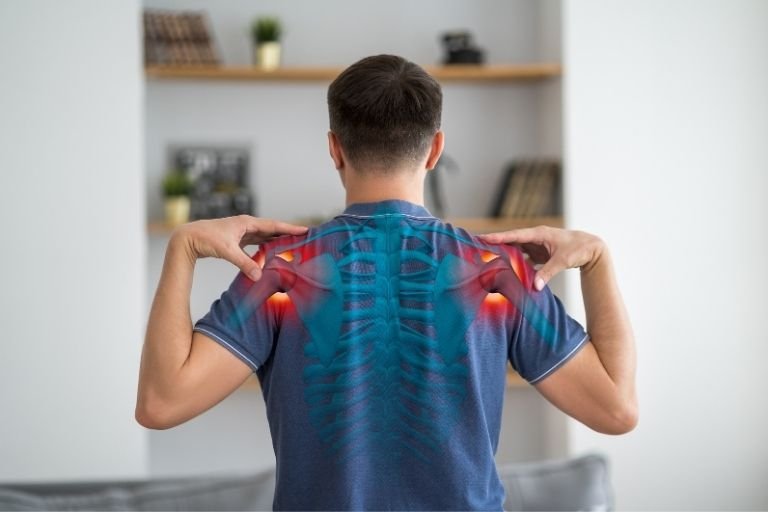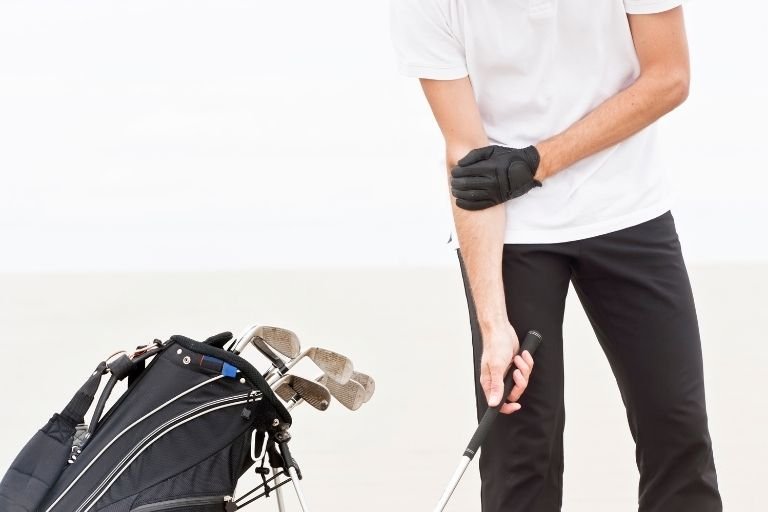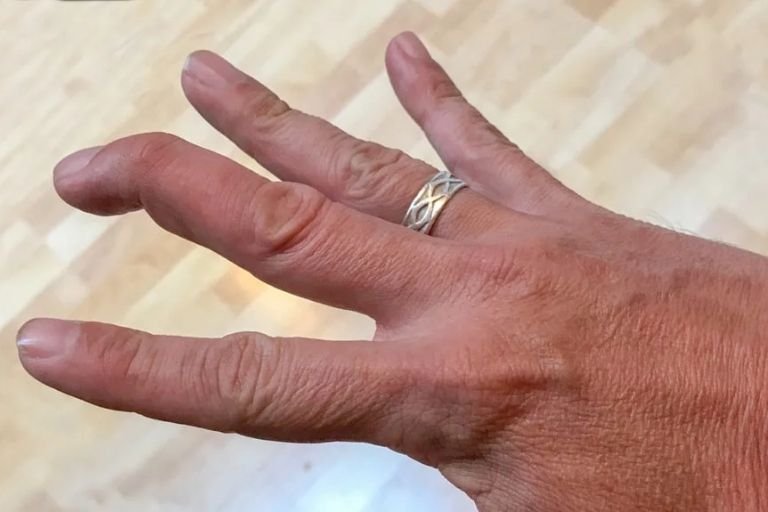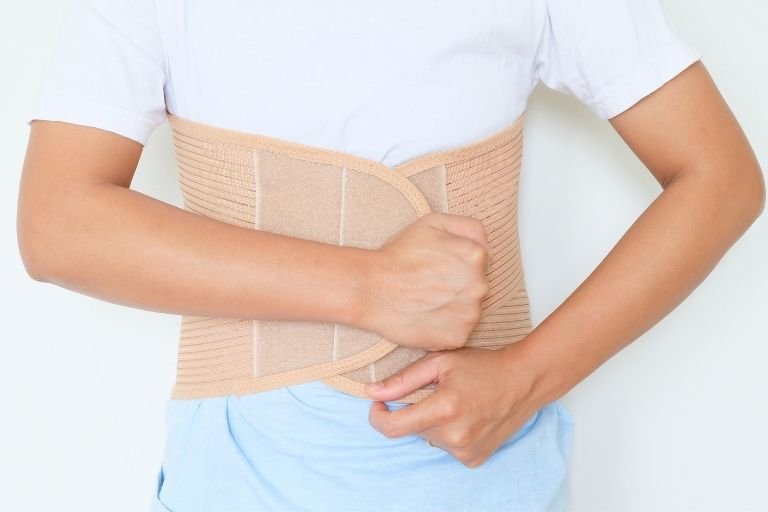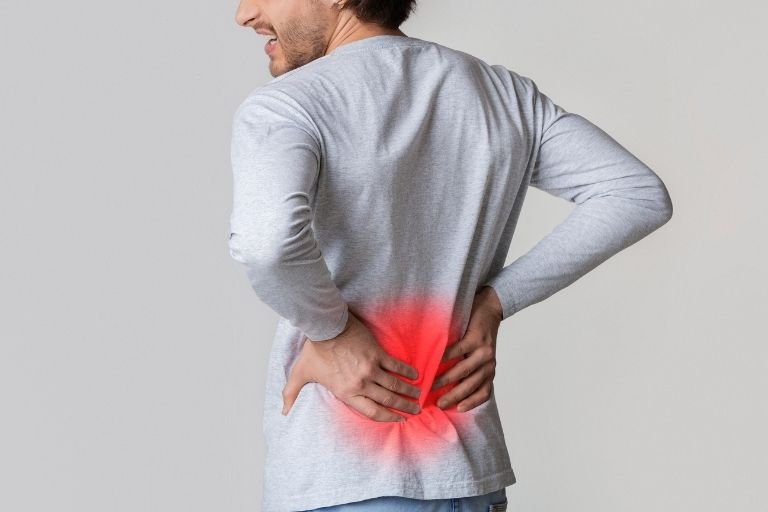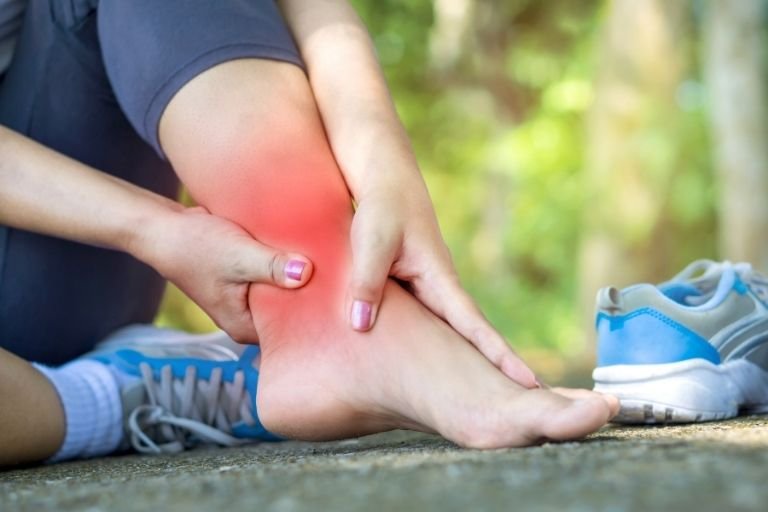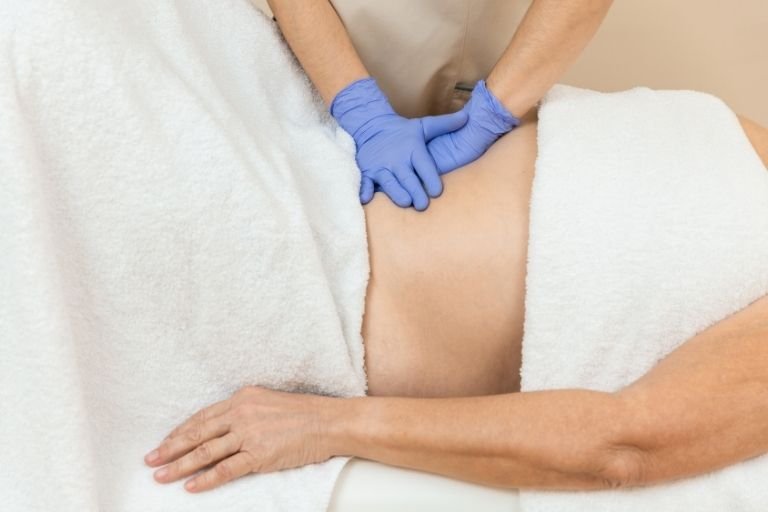- Fitwell Physiotherapy
Calcaneal/Heel Spur

A calcaneal or heel spur is a bony outgrowth that forms on the underside of the heel bone (calcaneus). It is a common condition often associated with plantar fasciitis, which involves inflammation of the plantar fascia, a thick band of tissue that runs across the bottom of your foot and connects your heel bone to your toes.
Please submit your details below.
Symptoms
- Sharp pain: Typically felt in the heel when standing up after long periods of rest, especially in the morning (first-step pain).
- Chronic pain: Can be continuous or intermittent and may worsen after prolonged activity.
- Inflammation and swelling: Around the heel.
- Heat: The area may feel warm to the touch.
- Tenderness: The heel is sensitive to pressure.
- Visible bony protrusion: In severe cases, the spur can be seen or felt through the skin.
Causes
- Repetitive stress: Activities such as running, jumping, or other sports that exert repeated pressure on the heel.
- Plantar fasciitis: Chronic inflammation of the plantar fascia can lead to the formation of spurs.
- Obesity: Excess body weight increases the stress on the heel.
- Aging: Natural wear and tear of the heel pad over time.
- Improper footwear: Shoes that do not support the arch of the foot can contribute to spur formation.
- Gait abnormalities: Walking patterns that place excessive stress on the heel bone, ligaments, and nerves.
When to See a Physiotherapist
- Persistent pain: When heel pain persists despite rest and over-the-counter treatments.
- Reduced mobility: Difficulty in performing daily activities due to heel pain.
- Recurrent issues: If the symptoms keep coming back or worsen over time.
- Other treatments fail: When medications, ice, and other home remedies are ineffective.
Risks
- Chronic pain: Untreated heel spurs can lead to long-term pain and discomfort.
- Limited mobility: Severe pain can hinder walking and other activities.
- Secondary issues: Altered gait to avoid heel pain can lead to problems in other parts of the body, such as knees, hips, and lower back.
- Permanent damage: Prolonged inflammation and stress can cause damage to the plantar fascia and surrounding tissues.
How to Prevent
- Proper footwear: Choose shoes with good arch support and cushioning.
- Weight management: Maintain a healthy weight to reduce stress on the heels.
- Stretching exercises: Regularly stretch the Achilles tendon, plantar fascia, and calf muscles.
- Gradual activity increase: Avoid sudden increases in physical activity that could stress the heel.
- Avoid hard surfaces: Minimize walking or running on hard surfaces.
- Orthotics: Use shoe inserts to provide additional support and cushioning.
Treatments
- Rest: Avoid activities that exacerbate the pain.
- Ice therapy: Apply ice packs to reduce inflammation and pain.
- Medications: Over-the-counter pain relievers such as ibuprofen or acetaminophen.
- Stretching exercises: Specific stretches to ease tension in the plantar fascia.
- Orthotic devices: Custom-made shoe inserts to support the foot.
- Physical therapy: Techniques to improve flexibility and strength, reduce pain, and correct gait abnormalities.
- Night splints: Worn while sleeping to stretch the plantar fascia and Achilles tendon.
- Shock wave therapy: Uses sound waves to promote healing of the affected area.
- Corticosteroid injections: Reduce severe inflammation and pain.
- Surgery: In rare cases, removal of the spur may be necessary if conservative treatments fail.
By understanding the symptoms, causes, and treatment options for heel spurs, individuals can take proactive steps to manage this condition effectively and seek appropriate medical care when needed.
Frequently Asked Questions
Related Conditions
How Fitwell Physiotherapy Can Help?
Dr. Richa’s Fitwell physiotherapy has an extensive team of physiotherapists all within their own specialist areas of physiotherapy. Whatever your condition, we guarantee that we will have the best physiotherapist for you. We assess, diagnose, plan, cure and care for you.
Fitwell Physiotherapy Clinic, Pune provides you best physiotherapy treatment in Kharadi, pune. We also serve Chandan Nagar, Vadgaon Sheri, Keshav Nagar, Wagholi & nearby Areas in Pune. We are experts in treating Neck Pain, Hand Pain, Back Pain, Lower Back Pain, Knee Pain, Stiff Neck, Sciatica, Arthritis, Stroke Paralysis & Post Surgical Rehab.
We provide Specialized physiotherapy treatments in Sports Injuries, Pre and post Surgery, Neurologic, Pediatric, Chronic Pain/Fatigue, Rheumatology, Women’s Health, Men’s Health, Ergonomics, Vestibular, Amputees & all sort of Pain treatment and lifestyle conditions.






















